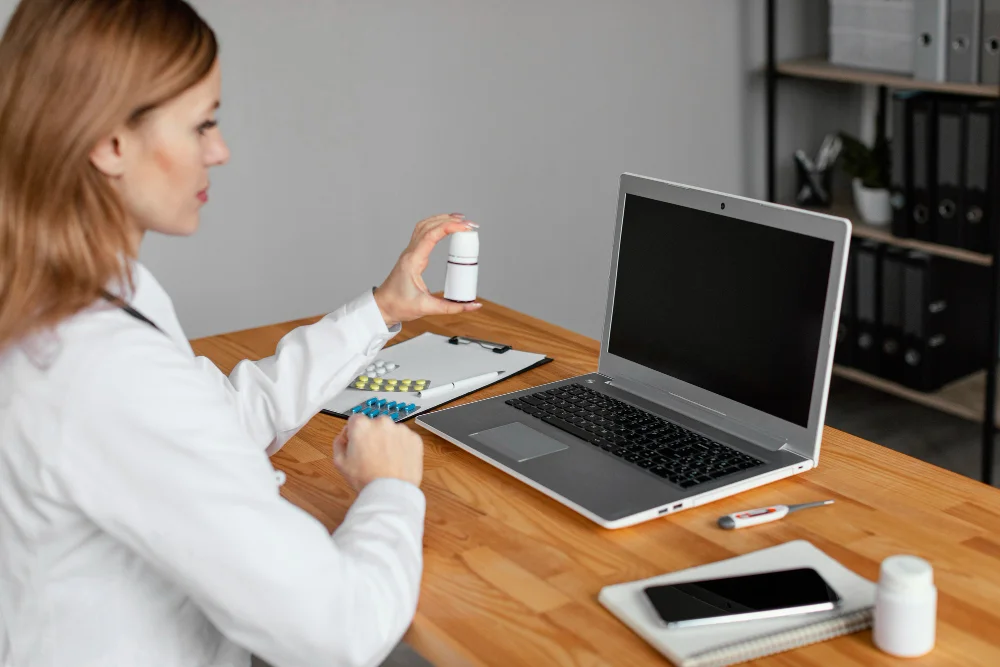Addiction is a serious mental health issue. It has very serious physical and psychological effects as well. Seeking professional help is imperative for individuals looking to achieve complete recovery from addiction.
Recovering from addiction is not the only mental health benefit of treatment, but it is a big one. Of course, recovery is never guaranteed.
Relapses do happen, and programs that focus on mental health have higher rates of success. Here are some of the benefits of addiction treatment.
1. Physical Health
Mental and physical health are intertwined.
If your body isn’t healthy, it will be hard for your mind to stay healthy. The opposite is also true.
Addiction puts a huge strain on your body. Addicts are more likely to have serious health conditions like liver and heart disease. They are also more likely to get sick and have a weak immune system.
It takes a long time to detox from alcohol and drugs.
The detoxing process is painful and can be hard to do without medical supervision. In some cases, it might be even impossible and unsafe.
Medically supervised detox is commonly incorporated in professional treatment programs, which aids greatly in improving physical health.
Good programs will also teach you about nutrition and healthy lifestyles. This will help you continue to live a healthy life after you finish treatment.
It’s important to remember that recovery is a lifelong process.
2. Creativity
Having a creative outlet is good for mental health.
People who have a creative hobby usually report being happier than those who don’t. Art therapy is a great way to get in touch with your creative side.
Treatment centers like this facility offer a variety of forms of art therapy.
There are many different styles of art therapy. It’s important to find one that suits you. Some people might find music helpful, whereas others interact better with visual art.
Even if you already have a creative hobby, it’s good to find another one.
Different forms of art activate different areas of the brain. Writing exercises different muscles than painting.
Try as many different art forms as you can. This will give you a newfound appreciation for many things in life.
You don’t need to become a professional artist. The important thing is that you find something you enjoy and a way you can express yourself.
3. Mindfulness
Mindfulness is a fairly broad category.
Sometimes it can be confusing because people don’t always know what they are talking about. Some people mean simply taking time to pay attention.
Other people mean meditating and doing yoga for hours every day.
It’s important to find a good middle ground. Professional treatment will help you do that. You will start forming daily mindfulness habits.
Mindfulness has a positive impact on mental health. It helps you be more in tune with your body and your emotions. This is important when recovering from addiction because addiction is not a single issue.
Addiction usually begins as a coping strategy for other problems. These problems range from stress to more serious issues like depression and anxiety. These problems need to be treated, too.
If you receive good treatment, these issues will be addressed as well. Mindfulness will help you become more aware of them.
4. Social Engagement
Most addicts feel like they are alone.
That is far from the truth. Millions of people worldwide struggle with addiction. And many of them recover.
Receiving professional treatment helps you meet people facing the same problems. These are great people to do sober activities like these with.
Hearing other people’s stories can serve as inspiration. They can also give you ideas of ways to cope and things to do.
One day, you can share your story and help others. Helping people is an important part of recovery. It can give you purpose and meaning.
Ask your friends and family to have fun with you without alcohol.
5. Positivity
Addicts are often pretty hard on themselves.
It’s important to stay positive, even when things get tough. No matter how hard things are, they aren’t so hard you can’t get through them without using them.
Staying positive during tough times is a skill you’ll learn during treatment.
This is a tool you can use in other aspects of your life, too. When things are tough at work, you can keep a positive outlook.
Pass the positivity on and encourage others to stay positive.
Conclusion
Treatment is a life-changing adventure. It isn’t easy, but it will help you improve your physical and mental health.


















